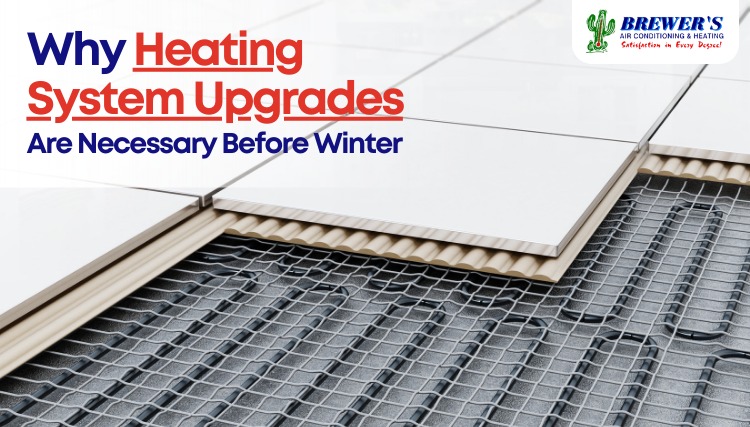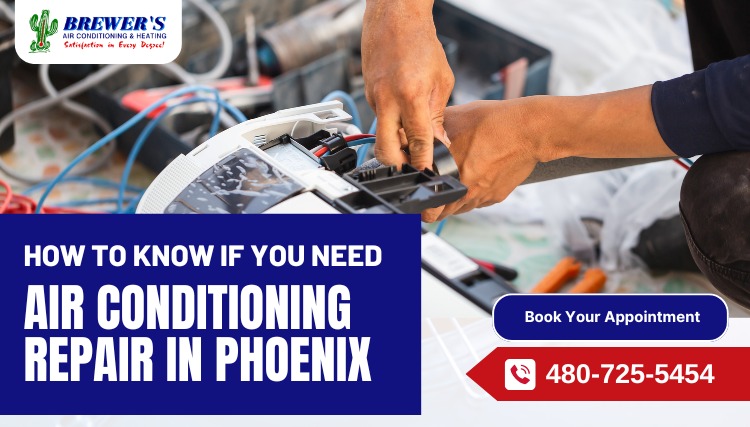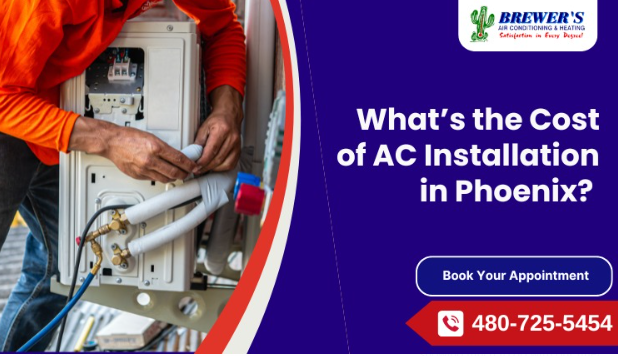
As winter approaches, the importance of a well-functioning heating system cannot be overstated. A properly maintained or upgraded HVAC system is very important in ensuring your home remains warm and safe throughout the colder months. Without a reliable system, you could face higher energy costs, uncomfortable living conditions, and safety risks. That’s why taking the time to upgrade your heating system before winter arrives is one of the best ways to prepare for the season.
Why Upgrade Heating Systems Before Winter?
-
Enhanced Energy Efficiency
An old, inefficient heating system can be a drain on both your wallet and the environment. As systems age, their efficiency tends to decrease. You may not even realise how much energy is being wasted until you see your heating bills rise. Replacing an outdated furnace or boiler with a modern, high-efficiency model can make a noticeable difference. Newer systems can achieve efficiency ratings of 90% or higher, compared to older ones that may be operating at less than half that.
Improving heating efficiency will not only save you money on your monthly energy bills but also reduce your home’s carbon footprint. The less energy you use to keep your home warm, the better it is for the environment. So, by investing in an energy-efficient system, you’re helping both your household budget and the planet.
-
Improved Comfort Levels
When the temperature drops, the last thing you want is to feel uncomfortable in your own home. An upgraded heating system can ensure that your indoor environment stays warm and consistent, no matter how cold it gets outside. Modern systems offer better temperature control and faster heating, so you won’t have to wait long to feel the warmth.
Another key advantage of home heating upgrades is the ability to eliminate cold spots. Older systems often distribute heat unevenly, leaving certain areas of your home colder than others. Newer systems, especially those with variable-speed blowers, provide more even heat distribution. This means fewer drafts and a more comfortable living space.
-
Safety Considerations
Heating systems, especially older ones, can pose a safety risk. For example, a malfunctioning furnace can lead to dangerous carbon monoxide leaks, which can be life-threatening if undetected. Fires are also a concern, particularly in older systems that may not have modern safety features. Upgrading your heating system can help mitigate these risks by replacing old equipment with models that have improved safety features.
Newer systems are designed with better ventilation, advanced sensors, and automatic shut-off mechanisms that can detect malfunctions before they become dangerous. However, it’s important to remember that upgrading your system should go hand-in-hand with ensuring your carbon monoxide detectors are working properly. These detectors are essential for your family’s safety, especially during the winter months when your heating system is used more frequently.
-
Increased Reliability
The last thing anyone wants during a freezing winter night is for their heating system to break down. As heating systems age, they become more prone to breakdowns, often at the most inconvenient times. Repairing a heating system can be expensive, and if a breakdown occurs during a cold snap, you may end up paying extra for emergency repairs.
If you prepare your heating system before winter, you can significantly reduce the risk of sudden breakdowns. New systems are more reliable and less likely to fail when you need them most. Plus, by scheduling regular maintenance checks, you can keep your system in top shape and avoid surprises.
Winter Heating Tips- Upgrade for the Better
While replacing your heating system is a significant step, there are other upgrades that can improve the overall performance and comfort of your home during winter. Here are a few to consider:
-
Smart Thermostats
A smart thermostat can help you save energy while maintaining comfort. These devices learn your habits and adjust the temperature accordingly, ensuring that your home is warm when you need it and energy-efficient when you don’t. For example, if you’re out at work during the day, the thermostat can lower the temperature to save energy and then raise it just before you return home.
-
Whole-House Humidifiers
Winter air tends to be dry, which can lead to discomfort, such as dry skin and irritated sinuses. A whole-house humidifier works with your heating system to maintain a comfortable level of humidity in your home. This simple upgrade can enhance your comfort without relying on excessive heating to compensate for the dry air.
-
Duct Sealing and Insulation
Leaky ducts and poor insulation can make your heating system work harder than necessary, reducing efficiency and comfort. If your ducts are leaking warm air into unheated spaces, your system will have to work overtime to maintain the temperature you want. Sealing ducts and improving insulation can help to prevent heat loss, ensuring that your home stays warm without wasting energy.
-
Regular Maintenance Plans
Once your system is upgraded, setting up a regular maintenance plan is key to keeping it running smoothly. A professional can inspect your system before the cold weather hits, clean components, and check for potential issues. Routine maintenance helps identify problems early, extends the lifespan of your system, and ensures it runs efficiently throughout the winter.
Conclusion
Upgrading your heating system before winter isn’t just about staying comfortable, but there is more to it as we mentioned above. With new technologies, you can ensure your home is ready for the colder months ahead. By taking these steps, you’ll enjoy lower energy bills, better comfort, and the peace of mind that comes with knowing your system is safe and reliable throughout the winter season.
Call Brewer’s Air Conditioning and Heating and let’s discuss how we can help you!











